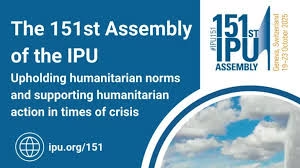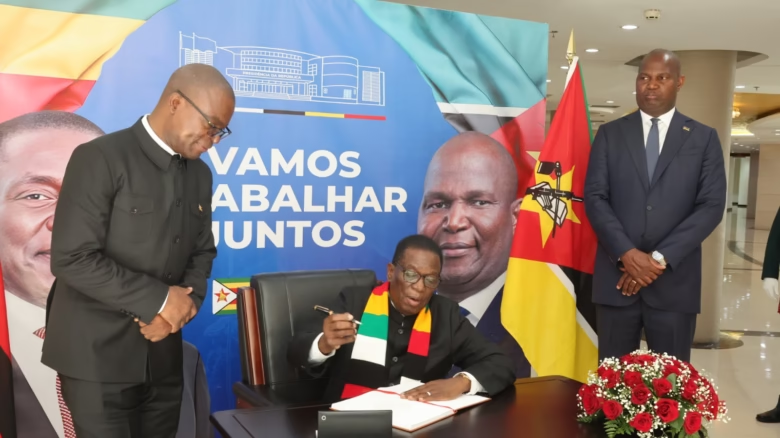
At the 151st Inter-Parliamentary Union Assembly in Geneva, women legislators under the Forum of Women Parliamentarians delivered a powerful and thought-provoking intervention on illegal international adoptions, reshaping the global conversation around justice, gender, and child protection.
Their collective voice carried not only emotion but also depth and clarity, exposing how illegal adoption remains one of the most painful yet hidden gender injustices of our time. The Forum made it clear that this practice is not gender neutral, for it disproportionately affects women and girls who are often caught at the intersection of poverty, inequality, and exploitation.
In the intervention presented on behalf of the Forum, Zimbabwe offered a clear gender lens to the discussion. It highlighted how women are frequently coerced into surrendering their children due to economic hardship while girl children fall victim to trafficking disguised as adoption. The statement called for a deliberate shift towards a gender-sensitive global framework that protects the dignity of women and ensures the best interests of every child.
The Zimbabwean representative reminded delegates that parliaments have a central duty to ratify and domesticate international conventions that safeguard children’s rights. She cited the Convention on the Rights of the Child and the Hague Convention on Protection of Children and Co-operation in Respect of Inter-country Adoption as critical legal instruments that should anchor international solidarity.
Zimbabwe’s own experience provided a compelling case study. The nation ratified the Convention on the Rights of the Child in 1990 and, in June 2025, Cabinet approved that Parliament should ratify the Hague Convention on Inter-country Adoption, which now awaits formal tabling. These actions reflect Zimbabwe’s determination to align domestic laws with global child protection standards while ensuring that the rights of women remain at the core of national policy.
The country’s Constitution reinforces this commitment. Section 80 guarantees the rights of women and shields them from exploitation and abuse, while Section 19 mandates the State to adopt measures that protect children, particularly the girl child, from maltreatment, neglect, and all forms of abuse. Such legal provisions give tangible expression to Zimbabwe’s resolve to promote justice and equality.
The Forum further underscored that parliaments play a vital oversight role. They must investigate the social, economic, and cultural factors driving illegal adoption, ensure that justice is served to victims, and close the loopholes that allow traffickers to operate across borders. The resolution, therefore, calls on legislatures to go beyond ratification and translate commitments into real protection and accountability.
International cooperation was highlighted as the cornerstone of an effective global response. The Forum called upon member parliaments to share data, harmonize laws, and strengthen enforcement mechanisms to curb illicit adoption activities. It is through unity and mutual trust, the Forum noted, that the global community can dismantle the networks that profit from human vulnerability.
Ultimately, the intervention was not just a policy statement but a moral declaration. It placed women and children at the center of global justice and called for a new era of accountability and compassion. The Forum of Women Parliamentarians reminded the world that the fight against illegal adoption is not merely about law enforcement but about protecting identity, restoring dignity, and preserving the bond of family.
The message that echoed through Geneva was clear and powerful: every child deserves protection, every woman deserves respect, and every parliament must rise to defend both.




